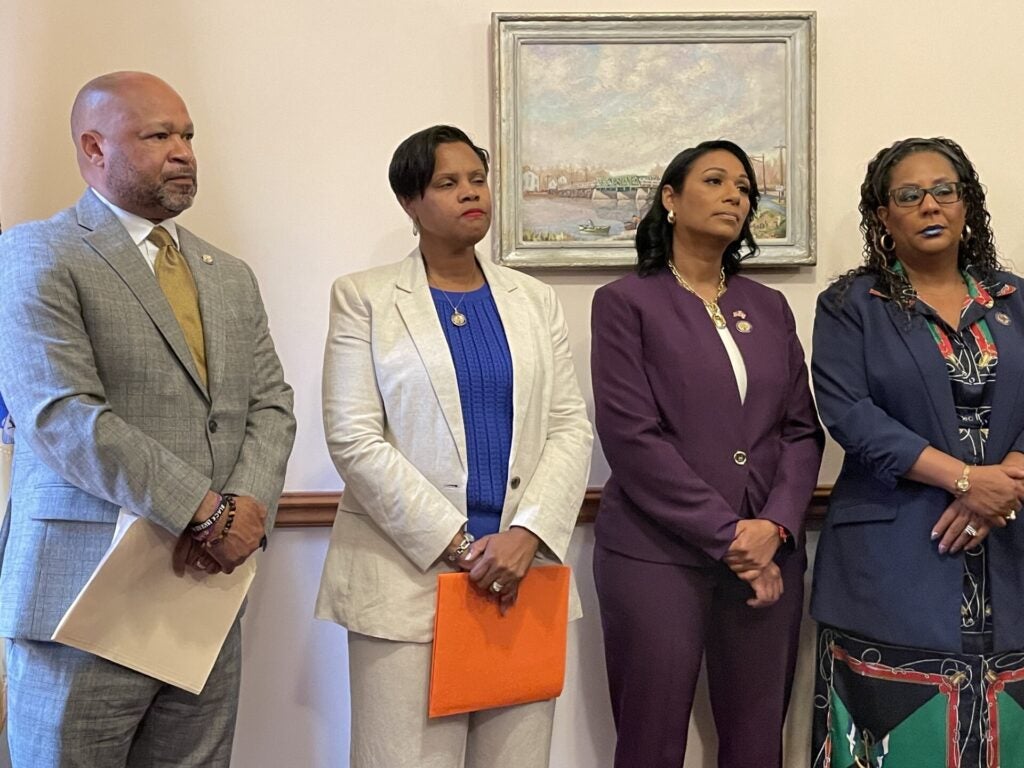New Jersey
New Jersey legislation aims to end disparities for minority- and women-owned businesses
From Camden and Cherry Hill to Trenton and the Jersey Shore, what about life in New Jersey do you want WHYY News to cover? Let us know.
Significant disparities exist for minority- and women-owned business enterprises in the Garden State seeking government contracting opportunities. That’s the finding of the New Jersey Disparity Study, completed at the beginning of this year.
In response, the Assembly Community Development and Women’s Affairs Committee approved a legislative package Monday designed to level the playing field.
What the data shows
Assemblywoman Shavonda Sumter, committee chair, said the study examined 240,000 contracts across more than 60 state agencies from 2015 to 2020, and the findings confirmed what many have long known.
“The disparities in public contracting have been an opportunity that’s been locked out for minority- and women-owned businesses in New Jersey, and it’s truly unacceptable,” she said.
The study found that Black-owned companies make up more than 9% of the available construction businesses in New Jersey but received only 0.014% of government-issued contracts.
“I’ve never heard such bleak numbers in construction contract dollars,” she said. “Nearly 28% of construction firms in the state are minority-owned, yet they receive just 3.47% of prime construction contract funds.”
She added, “Women-owned businesses account for nearly 38% of all professional service firms, yet they received less than 10% of contracts valued up to $800,000. The evidence is clear: Systemic inequities persist.”

What needs to be done
“Laws need to be modified and modernized in the procurement practice,” said Sumter. “We want a fair opportunity to compete.”
Assemblyman Benjie Wimberly agreed that action is needed now.
“This is true disparity; these numbers are not satisfactory. Our folks deserve better and they deserve more,” he said.
To address the problem, Sumter said it is crucial that state agency contracting units and prime contractors “adhere to clear criteria that demonstrates a good faith effort to increase participation by minority- and women-owned businesses in state contracting.”